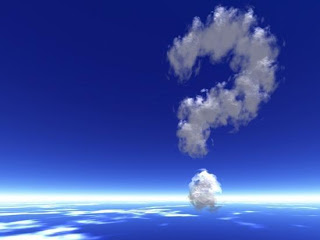
Though ERP Systems have been around since the 1960s there still is a common misconception that ERP Systems and Accounting Systems are one in the same.
ERP Systems originally existed in the form of MRP systems and developed into what we know as ERP systems around 1990. Global ERP leader SAP technologies were established in the year 1972 by five engineers.
Paul Marketos, Managing Director of Bluekey Software Solutions, which specialises in implementing SAP Business One, says that while accounting is central to any business, it is not what differentiates it.
“Without integrated systems, accounting only offers after-the-fact reporting. But, there are so many factors other than what’s happened in the past influencing where your business stands today and where it will be tomorrow and in a month’s time."
“An accounting package cannot help you forecast demand for products, reduce stock handling, keep goods flowing or improve stock management. Nor will it allow you to set up business rules which prevent stock from being sold or shipped at the wrong price or to customers who owe you more than 90 days; or ensure that managers are alerted to operational exceptions.”
“Where an accounting system assists in tracking the finances to provide an overview of where the company stands from a financial perspective, based on historical data; ERP can be used to plan, control and streamline all aspects of business in real time, into the future."
“ERP integrates your key operational and customer-centric divisions, from production through to sales and service, enabling them to operate more efficiently. In fact, ERP is so effective in planning, integrating and controlling the business that good accounting is just one of the by-products of ERP,” says Marketos.
He believes that ERP is becoming a competitive necessity for companies of all sizes."
“Having made the shift from manual ledgers and Excel spreadsheets, companies that have automated their accounting processes are starting to realise that they need something bigger and better to improve efficiencies and profits because an accounting package simply cannot do it for them."
“The fact is that even with the best accounting package in play, that one source of the truth - that complete and accurate view of the business - remains elusive, and the only way to get it is with an integrated ERP solution."
“Many larger enterprises are also beginning to put pressure on their supply chain to implement ERP, not only to automate and speed-up administrative processes, but to streamline communication and other transactions as well,” says Marketos, adding that very often, the implementation of an ERP system leads to a complete re-engineering of many business processes, resulting in a leaner, meaner, faster and more profitable version of the business.
“With better inventory control, costing and operational efficiencies, ERP can actually help to drive profits, and so it quickly pays for itself,” says Marketos.
When the competitiveness, health and longevity of a business is at stake and the only way to increase profits is through improved efficiencies and cost cutting, the investment in ERP can be easily justified.
No comments:
Post a Comment